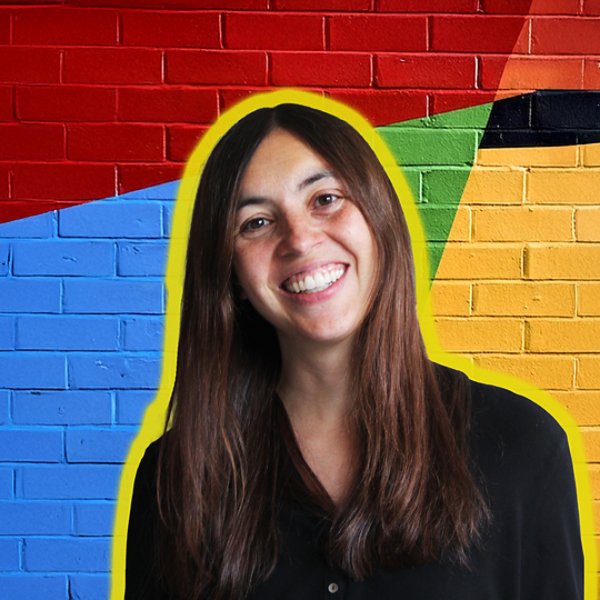Proud Veteran and Kyndryl employee Boaz Bett said the skills he learned in the U.S. Army have helped him thrive in his corporate career. That’s why he makes it a priority to regularly help others get jobs in technology after they leave the military.
“It helps me fulfill my desire to help and give back to the United States,” Bett said.
Kyndryl is proud to employ Veterans like Bett and to recognize all Veterans today and throughout the year.
To honor those who served in the military, Kyndryl U.S. Veterans and family members share why duty and service is an important piece of their personal and professional lives.


